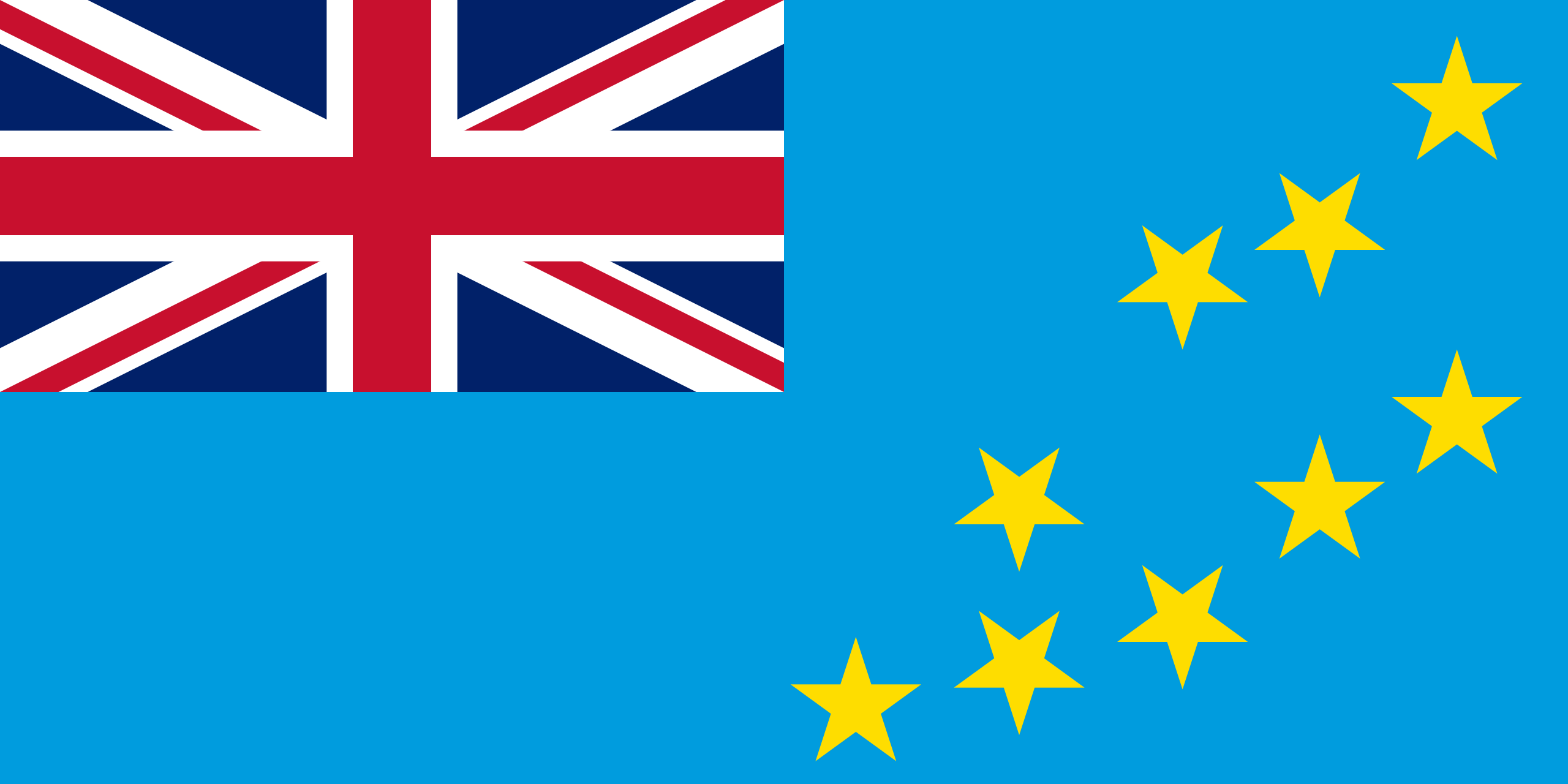How to Start a Gambling Company in Tuvalu
Tuvalu is a brand new jurisdiction for online gambling licensing, it does not set up strict requirements as other jurisdictions. This is a streamlined process of starting a gambling company.
The first step is figuring out your legal setup. You’ll need to pick a business structure, like a Limited Liability Company (LLC) or a partnership, and get it registered. Take some time to think about this, as each option has its own pros and cons, and you want the one that works best for your specific business.
Once your business structure is decided, your next step is picking the perfect name. This name has to be unique, you can’t use one that’s already registered by another company in the country. We can quickly verify the availability of your chosen name by searching the official Tuvalu government website.
After this, the main interesting part starts: you will start the process of applying for your license from the Tuvalu government.
Next, you need to register for taxes with the Tuvalu Inland Revenue Department, providing your business information, such as its name, structure, and location. You will also need to obtain a tax identification number (TIN).
Furthermore, a business bank account is required to operate in Tuvalu. MGL can assist you even here. You need to provide only your identification documents, and we will handle the rest: preparing all company documents, completing forms, and ensuring compliance. No need to know Tuvalu’s local law or cultural specifics, we will take care of everything while you focus on growing your business.












If you have any questions
If you have any questions
Overview of the Tuvalu Online Gambling License
Tuvalu is a small island in the Pacific, well-known for its unique culture, untouched coral reefs, and rich cultural heritage, but it’s now making big waves in the global iGaming sector.
While domestic gambling is minimal Tuvalu has strategically established itself as a credible and highly efficient offshore jurisdiction for international online gaming operators.
Tuvalu is a great offshore option to consider, especially if you run a gambling startup, because the TGA does not require operators to set up a local company, appoint a local director, or hire a local compliance officer.
The local law allows 100% foreign ownership, and even makes you free from corporate taxes, forming a Tuvalu International Business Company (IBC) while the standard corporate tax rate for local businesses is 30%.
A company formation can be as fast as one business day. After that all shareholders, UBOs, and directors get significant privacy, because registers of them are confidential and not publicly filed.
Furthermore, Tuvalu’s specific approach of online gambling regulations gives operators credibility without unnecessary bureaucracy. Particularly, operators do not need to obtain a different type of licenses, because the Tuvalu online gambling license covers a range of activities, including B2B and B2C services.
Renewing Tuvalu Online Gambling License
Since a license is valid for one year, operators have to renew a license annually. The key to a successful renewal is demonstrating continuous, year-round adherence to the TGA’s regulatory standards.
The first step is simple: an operator has to pay the annual renewal fee of $15,850 on time.
However, renewal requires more than just payment. Operators must actively confirm they have maintained full compliance with all license conditions. This means strict adherence to AML and KYC procedures and your Responsible Gaming policy, along with certifying that your platform and games remain fair.
Crucially, you must also be up-to-date on submitting all regular financial reports and completing the mandatory annual audits. License holders are also required to notify the regulatory authorities about any significant corporate shift, such as structure, ownership, key personnel, or financial stability. Informing them about these changes does not impact the license suitability.
.jpg)
.jpg)
.jpg)
.jpg)
.jpg)
.jpg)
.jpg)
.jpg)
.jpg)
.jpg)
.jpg)
.jpg)
Gambling Regulations in Tuvalu
The main regulatory body is the Tuvalu Gaming Authority (TGA), established in 2023. The TGA oversees all online gaming activities within the nation and welcomes crypto-friendly operations.
Moreover, the TGA delegated responsibilities, such as application processing, onboarding, communication, and renewals, to the dedicated entity, so the regulator can work on its regulatory functions, including policy development, compliance enforcement, and industry oversight. That means that Tuvalu Gaming Licensing Inc. serves as the primary liaison between operators and the regulatory authority. When operators apply to the license, they have to communicate with this entity.
Fees and Taxes of the Tuvalu Online Gambling License
Tuvalu is the most affordable offshore license that exists on the global market. It opens strong opportunities for B2B and B2C operators across the world.
Initial Licensing Fees
To get a license, operators must pay the initial cost, which is a fixed fee of $15,850. Operators pay the fee after the initial application is pre-approved by the TGA.
The initial fee covers a single, combined license that allows for many online gambling activities and both B2C and B2B services. Furthermore, it includes up to two domains, so applicants need to pay an additional fee for each extra domain.
Renewal Costs
As mentioned above, the license in Tuvalu is valid for one year and is renewable annually. One year after an operator obtains the license, they will pay the annual renewal fee, which is the same fixed amount of $15,850 – the same amount as the initial license fee.
Taxes
Not only is the license fee a big competitive advantage of the Tuvalu Gaming License, but this small country also suggests a highly favorable tax regime with 0% GGR tax, 0% corporate tax, and 0% income tax. This means that no taxes apply to the offshore licensed operators.
Moreover, the jurisdiction is positioning itself as crypto-friendly and accepts international payments, which can include cryptocurrencies, e-wallets, cards, and traditional bank transfers.












If you have any questions
If you have any questions

















